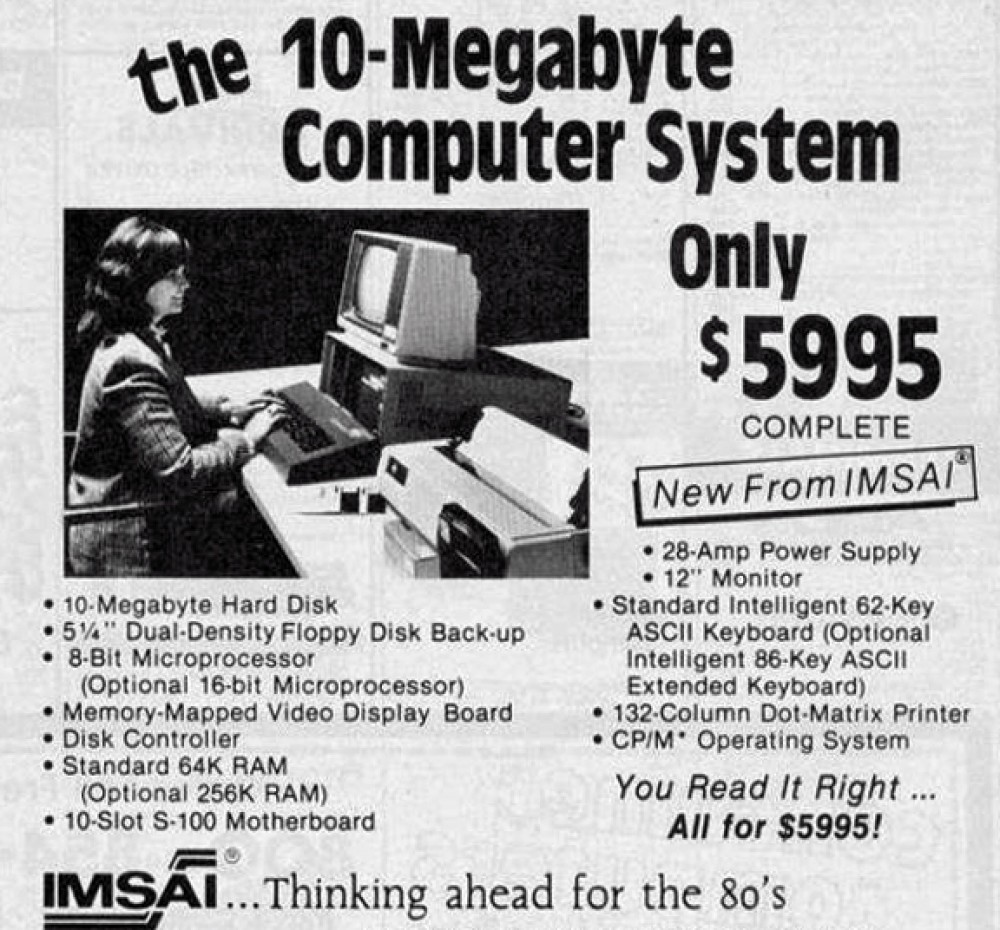For my Wikipedia talk section analysis I chose three articles relating to American History. These include the Wikipedia article focusing on a general history of the United States, the article focusing on United States history from 1776-1789, and the article focusing solely on the War of 1812. Each of these articles’ talk sections contained several distinct sections of comments and responses debating the strengths and weaknesses of the topics in question. Many of the comments centered on differences in what should be considered relevant information for the article and what different readers viewed as politically biased inclusions that should be removed or changed.
As would be expected, the general history of the U.S. provides a wide range of issues for debate. Many commentators point out that the article disproportionately favors certain subjects such as the presidencies of Thomas Jefferson and Barack Obama. One commentator points out the inadequacy of the article in its lack of mention of any history between the years 1630 and 1730. Two of the largest debates in the talk section of this article revolve around the relevance of the subjects of religion and politicization. Several opinions are stated in regard to these subjects and given the complexity of the topic it is unlikely that any of these debates will be wholly resolved within the article at any point.
The 1776-1789 articles’ talk page is much less contentious than that of the general history’s page. Topics of discussion include whether the term patriot can be used neutrally in the article, the lack of writing concerning the treaty of Paris, and a debate over whether the United States was originally given the name “The United States of North America” or “USNA”. Other minor issues are also commented on such as the inclusion of grammatically erroneous and awkwardly placed sentences. Overall there seems to be much less political debate on this page than one might expect from an article that deals with the founding years of the United States.
The article focusing on the War of 1812 includes what is by far the longest discussion page of all the articles I looked at. Interestingly enough the foremost argument presented on the page is over the use of Canadian/British spellings of words throughout the article. It appears over time that this discussion of spelling has ballooned into a debate as to whether the War of 1812 carries more significance for the United States or Canada. Some commentators even take issue with the idea of a Canadian opinion of the War dating from the era, due to their status as a subservient colony of Britain. Other issues brought up in the talk section debate whether the war could be considered an actual “invasion” by the British and who the actual victor of the war was. I believe it is possible that the lengthy arguments found on the War of 1812 page are derived from the diversity of nationalities among participating commentators. It is quite apparent that many of those participating in the discussion and editing on the page are British and Canadian in nationality. I hypothesize that the differing cultural and educational backgrounds of those born outside of the United States give them an opposing viewpoint of the war which helps to drive the debate over the article.
